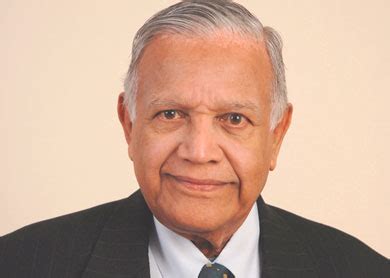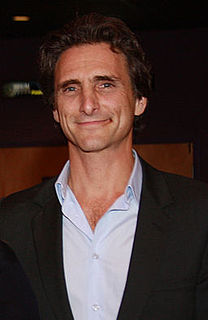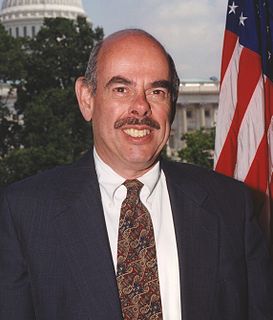A Quote by John Burroughs
Somewhat by historical happenstance the five permanent members of the UN Security Council - United States, Britain, France, Russia, and China - also were the original five countries to have nuclear weapons.
Related Quotes
Now we characterise Russian-Chinese relations as a strategic partnership, even a special strategic partnership. We have never had such a level of trust with China before. China is our major trade and economic partner among foreign states. We implement joint multi-billion projects. We cooperate not only within the UN Security Council, which is logical, as both China and Russia are permanent members of the UN Security Council, but also within such regional organisations as the Shanghai Cooperation Organisation, BRICS, etc.
We know that Russia has done things that are very much against our interests. They've done things that require us to take punitive action against Russia. That does not mean we can't work with Russia where we have a common agenda. Russia is a permanent member of the United Nations Security Council; we need their help in isolating North Korea and their nuclear weapons violations. So, we still need to work with Russia. But Russia's done things that are contrary to our national security interest, and the US must respond to those types of activities.
One of the greatest concerns that I had when I became President was the vast array of nuclear weapons in the arsenals of the United States and the Soviet Union and a few other countries, and also the great proliferation of conventional weapons, non-nuclear weapons, particularly as a tremendous burden on the economies of developing or very poor countries.
But elimination will only happen if all countries - nuclear and non-nuclear states - genuinely work towards this result. Nuclear states must abolish their arsenals, as was indicated by the unanimous opinion of the international Court of Justice, the highest international tribunal. The five nuclear states seem to expect others to refrain from obtaining bombs while at the same time maintaining their own caches of deadly weapons.
There is a Western world. There is America. There is Great Britain and Germany and France and Russia and China and other nations. I doubt that there is one country amongst those I mentioned which has a desire to see Iran, with its fundamentalist, Islamic, extremist government, possessing nuclear weapons.
Basically [United States and France] said "We will use nuclear weapons whenever it suits our purposes to do so." So this expansion of doctrines regarding possible use of nuclear weapons makes them more, you know, sort of, salient and important and so it's increasing the perceived political value of nuclear weapons and therefore causing or contributing to possible proliferation.
The United States was the one nullifying any attempt in the Security Council of the United Nations to sanction those fascist governments, really segregationist and racist. The same thing it is doing for Israel is what it used to do for South Africa who ended up having seven nuclear weapons. Why didn't they act against them like they did against Iraq for the so called weapons of mass destruction during Bush that never existed in the first place?
He has systematically violated, over the course of the past 11 years, every significant UN resolution that has demanded that he disarm and destroy his chemical and biological weapons, and any nuclear capacity. This he has refused to do. He lies and cheats; he snubs the mandate and authority of international weapons inspectors; and he games the system to keep buying time against enforcement of the just and legitimate demands of the United Nations, the Security Council, the United States and our allies. Those are simply the facts.

































